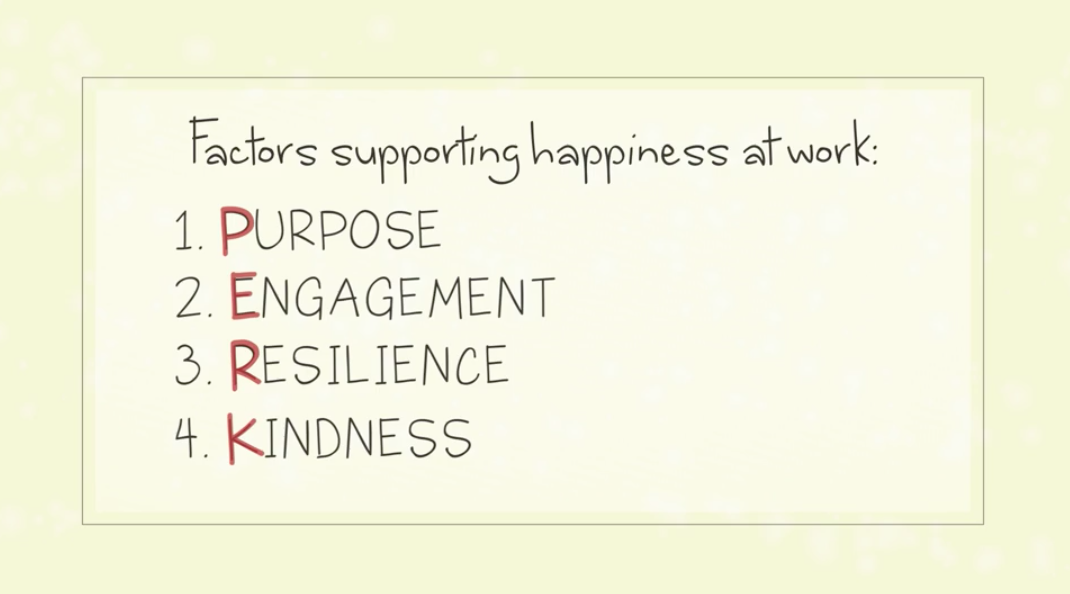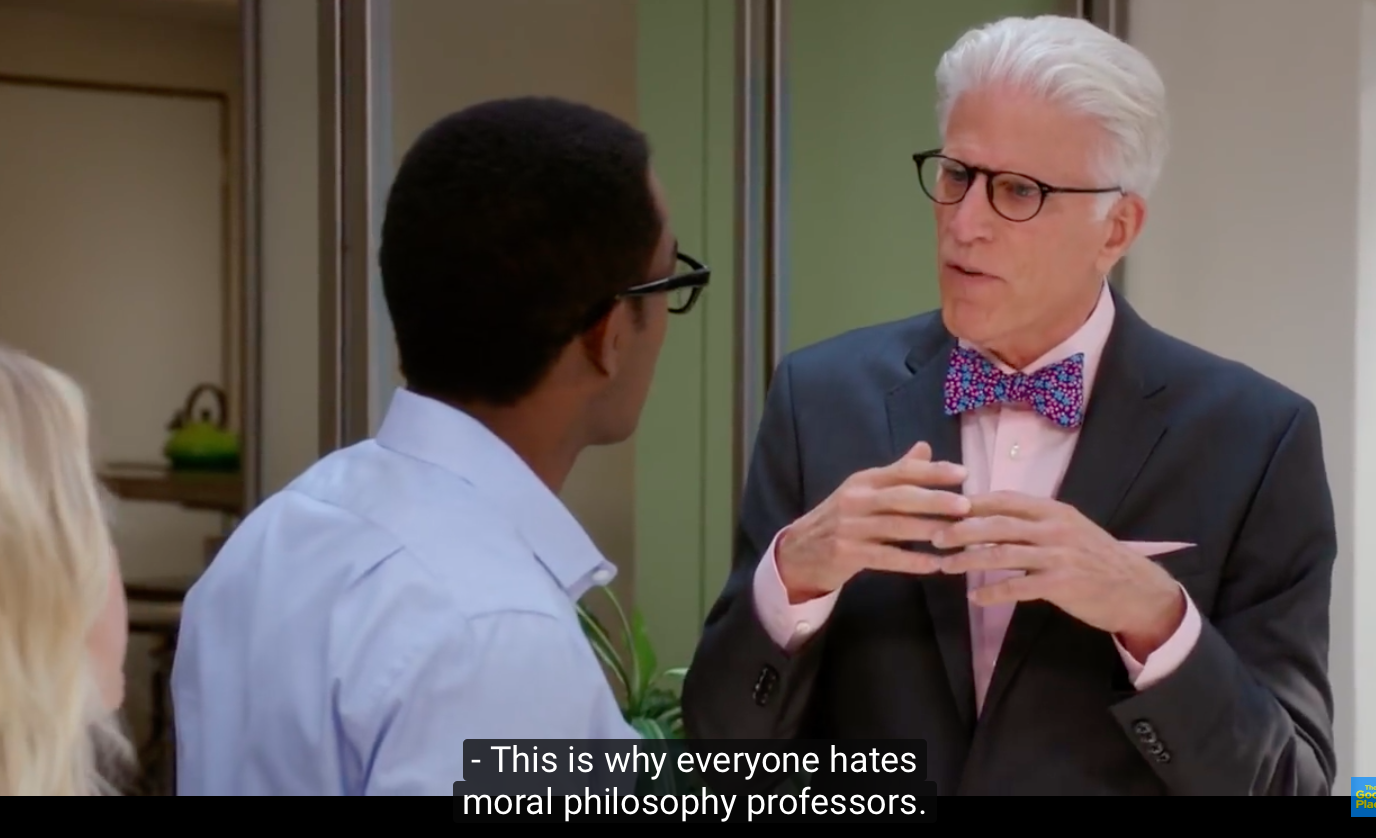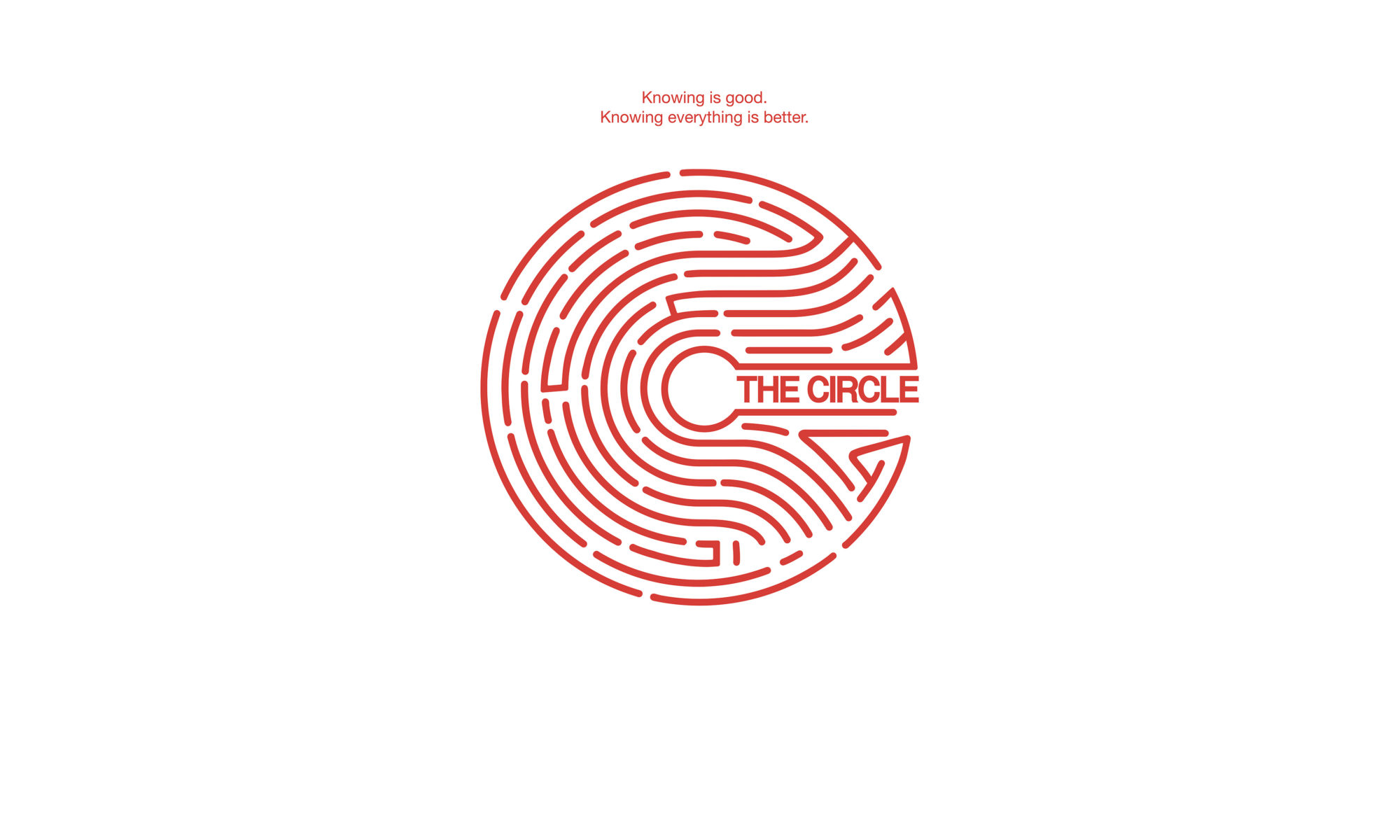This week I had the opportunity to give a lecture at a convention for managers in the Social Sector of Government. The day was about vitality at work. I talked about how you can keep yourself – and your team – happy at work. And about why that is so important.
At the University of Berkely they did research into the effects of being happy at work. And those effects are considerable, and economically relevant. Happy people live longer, and are – not surprising – happier. But for the company there is also a gain: Happy people need less control, are sick less often and can solve more problems independently. So having happy people is a surprisingly economically profitable element of your business operations.
At the University of Berkely they even came up with a ‘recipe’ for happy employees: PERK! Or Purpose, Engagement, Resillience and Kindness.

PERK works on a personal level, you can work on your own resilience and friendliness. But PERK also works in the interaction with others, and even as organisational advice: make sure, for example, that your employees know exactly what the goal is for which they work, and that they also feel that their actions influence achieving that goal. This beautiful video shows me very well how essential it is to work for a goal.

The beauty of PERK is that it works on the three different levels. As a result of that, it is incredibly easy to start using PERK. Simply choose every day to do your mindfulness exercise for example. Or stop gossiping. Or every day looking for three moments when you can give someone a sincere compliment. PERK not only gives a recipe for happy employees, it also gives a recipe for motivated and empowered managers. The managers not only felt responsible for the happiness of their team members, they also felt that they had an influence on this happiness.
But besides motivation and empowerment, something else happened in the group that was listening. Something that is very relevant for my research. The group started to get more and more restless during my talk. Not always a good sign when you’re giving a lecture 😉 But in this case it was a visible unease about a very essential point in my presentation, which I ignored myself (my assignment was an to be enthusiastic, no problematic): how honorable is it to use the PERK recipe?
Because the image of the company as the happy family, where you feel at home and fit well, has a lot of beauty in it. And at the same time: how scary can it become? If everyone at work is there for the same noble purpose? How long does it take until full group think arises? Before you are no longer allowed to have a different opinion? For the company get sectarian characteristics?

The example of internet giants like Google and Apple, with their ‘company campuses’ with full-fledged child care, restaurants and fitness centres, feels a bit unreliable and insincere, if you simultaneously follow the discussion that is currently happening around those same internet giants. How ‘nice’ and ‘happy’ are they actually? How honest are their motives? What do they do with the gigantic power they collect?

The book – and the film – the Circle was soon a central element in the presentation. Clearly a case of ‘not honorable’ use of all the beautiful PERK recipes. In such an extreme case, influencing people’s happiness leads to simply abusing people. This moral grey area, this tangled web of what is possible, what is good for yourself, the other, the customer and your company, was visible on the faces of the people in the room. Sure it is possible to influence happiness, and yes it is logical that you want this as a manager, but be careful that it does not get out of hand. Continuously check your own power and influence over the other person. Especially in a managing position.
The group gave me goosebumps. I thoroughly enjoyed the interaction and discussion that arose. I notice thatI still chew on it in my head. The more I learn about how people change their opinions, their happiness, their behaviour, the more I run into moral questions. What makes us human? What is the right behavioural change? What is acting with integrity?
These are questions that I do not yet have an answer to. Nor do I think that these questions ultimately exist in their final form. But they are questions that must be asked in the search for behavioural change. Every time again. Because that makes the distinction between the world that the University of Berkely predicts us and the world that the film The Circle predicts us. Changing behaviour and opinions is not as difficult as we might think. Changing one’s mind, in relation with others and consciously done, with integrity, may be more difficult.
I have to work on this last idea further. Fortunately, I am currently following the Justice (political philosophy) course at Harvard. Perhaps the insights of people like John Locke, Immanuel Kant and Aristotle will help me in this tangle of power, influence and morality. On the other hand: if I thought psychology was a rabbit hole for me to disappear into, I can get ready for the real stuff now. Philosophy is beautiful, but doesn’t often lead to certainties. The circle is complete, now I have to be careful not to bite my own tail!


